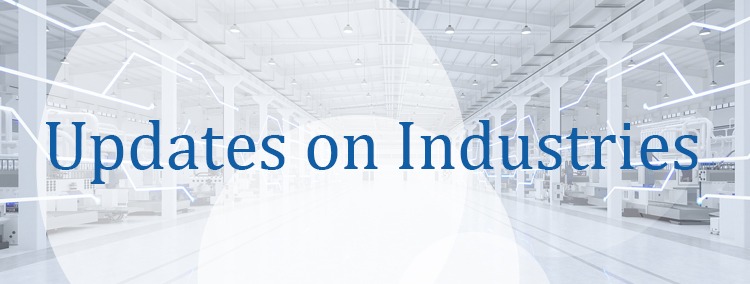Chinese EV makers set eyes on Latin America
By SERGIO HELD in Bogota China Daily Updated: Aug 31, 2023
Companies pumping in billions to tap into markets in Brazil, Chile, Argentina
Chinese electric vehicle makers are increasingly focused on Latin America and the Caribbean, investing heavily in this growing market of 665 million people.
Brazil, Chile, and Argentina are the latest locations where Chinese EV companies are pumping in billions of yuan to tap into the region's growing automotive markets.
Brazilian authorities recently approved the construction of an EV complex by Chinese manufacturer BYD, which will cost $622 million and create more than 5,000 jobs.
The factory will be built on the site of a facility left behind by Ford Motor Company in Camacari, a strategically important industrial municipality in greater Salvador, near the port of Aratu, in Bahia state.
The complex will comprise three factories. One for electric buses and truck chassis, one to make hybrid and electric cars with an initial annual capacity of 150,000 units, and a third facility to process lithium and iron phosphate and export them to the global market.
"These new factories in Bahia will bring innovation and the highest standards in technology. This will allow the introduction and acceleration of electromobility in the country, a key movement to combat climate change and really improve people's quality of life," said Executive Vice-President of BYD and CEO of BYD Americas Stella Li.
BYD also wants to invest in other industries like wind power, transportation, and urban mobility, not only in Brazil but also in neighboring Argentina and Chile.
In Chile, Shenzhen-headquartered BYD announced an investment of $290 million to exploit lithium, a key element in batteries. In 2022, the company was awarded a contract to extract up to 80,000 tons of lithium.
"Chile has become the best example of adaptation and vision for the future, demonstrating that its stability and commitment to innovation have positioned it as a leader in Latin America," said Li.
Access to more lithium will cement China's position as the leading manufacturer of EV batteries.
Data from Delta Analysis, a lithium and EV batteries market tracker, shows that China's imports of lithium carbonates have grown over the last few years, with the country importing 10,876 tons in December 2022 alone, five times as much as the same month in 2019. That same year, China exported about $51 billion worth of lithium-ion batteries.
Strategic moves
"This growing interest is reflected in the recent strategic moves by companies like BYD and Geely in a region that has traditionally been dominated by manufacturers from North America and Europe," said Olivero Garcia, president of Colombia's National Association for Sustainable Mobility. "The increasing investment from Chinese firms in the region is driving competition and fostering technology and knowledge transfer," he added.
Geely formed a joint venture with France's Renault Group, to acquire seven plants globally, including one in Cordoba, Argentina.
The plants make aluminum parts for gearboxes and will export them for transmissions that the new company, Horse, produces at other plants in Chile and Brazil to supply companies like Renault, Dacia, Nissan, and Mitsubishi.
"We are pleased to be embarking on this journey to become a global leader in hybrid technologies, providing low-emission solutions for automakers around the world," Eric Li, the chairman of Geely Holding Group, told local media.
For Cristian Inderkumer, director of research of the Civil Association for Argentine-Chinese Cooperation, the momentum generated by the Belt and Road Initiative, a project that Argentina recently joined, has boosted different investment projects.
"The automotive sector does not escape this logic and more and more cars from China are competing in the Argentine market," he said.
"The challenge now is to convince the Argentine consumer of the excellent quality of Chinese cars, since the Argentine consumer is more traditional and has always focused on brands from more conventional markets."
Elsewhere, BYD has started consumer operations in Chile, successfully supplying electric buses to the country, while buses have since been rolled out into Colombia.
In 2022, BYD sold the largest number of battery EVs worldwide.
Great Wall Motor, or GWM, acquired a Mercedes-Benz factory in the state of Sao Paulo, Brazil, and is upgrading it to meet the global smart factory requirements and begin operations in January 2024.
GWM's Brazilian factory will become the first new energy vehicle factory specializing in producing hybrid electric vehicles and electric vehicles in Brazil, said the country's Vice-President Geraldo Alckmin during a visit to the factory in early May. In early July, the company also introduced its ORA 03 model in Brazil.
"China is looking more at countries that have potential markets that are not very developed in (electric mobility), and Latin America is a great opportunity," said Henrique Reis, an international relations manager at the China Trade Center Group in Sao Paulo.
The writer is a freelance journalist for China Daily.
![]()





